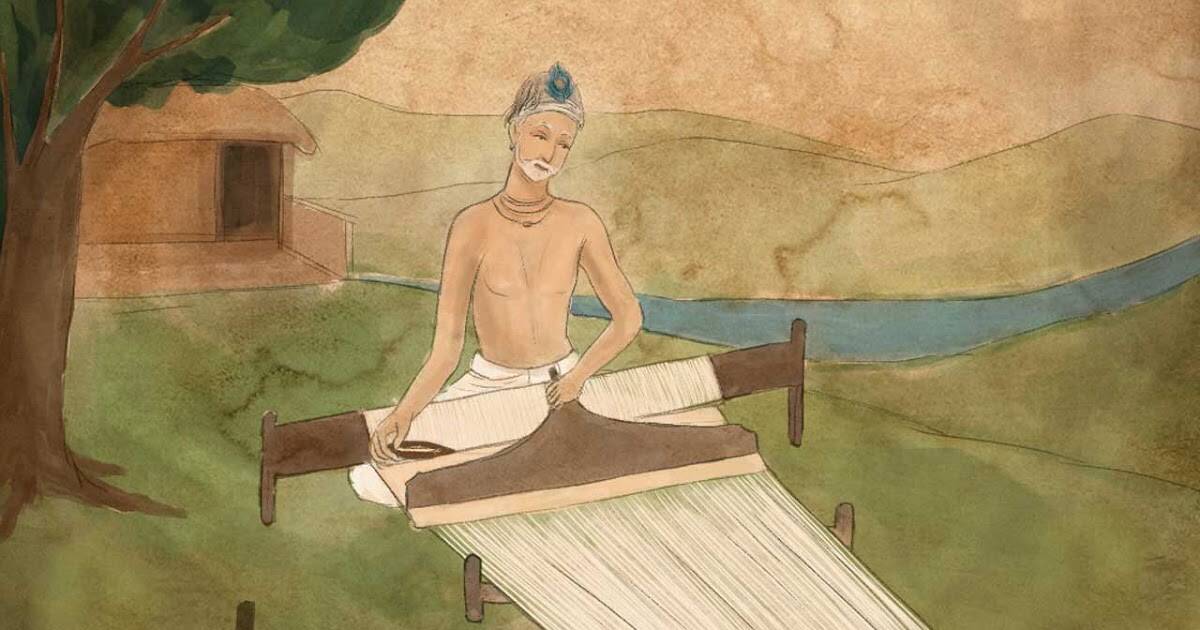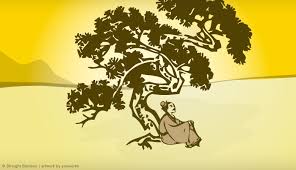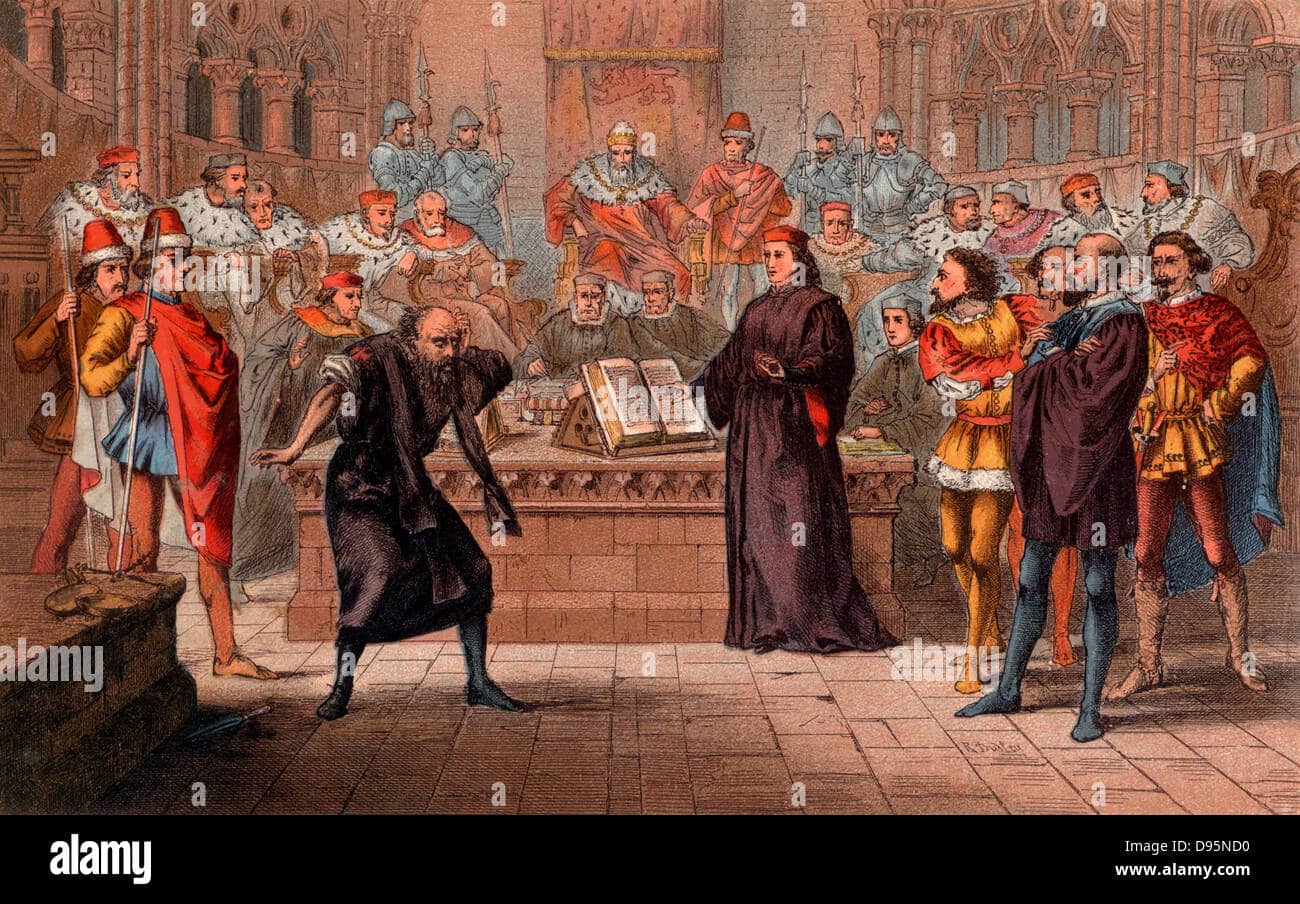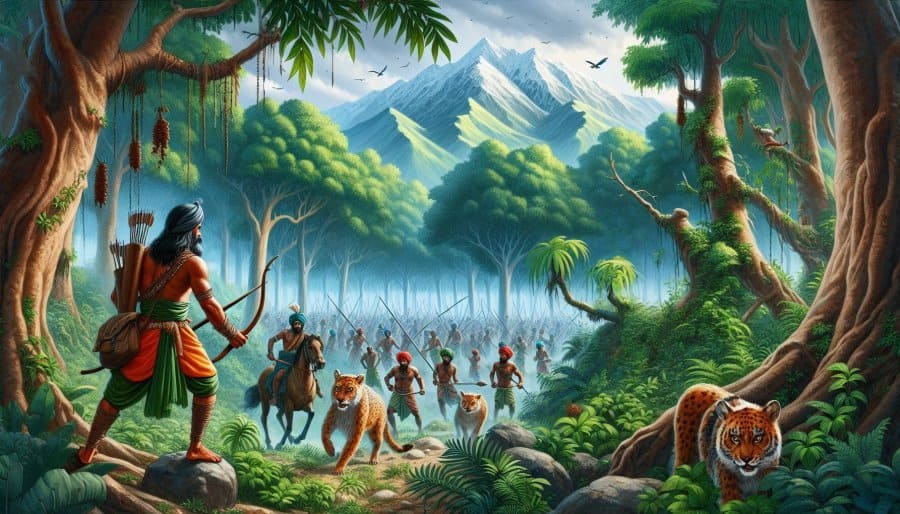-
The Clockmaker’s Secret Room
–
The Clockmaker’s Secret Room In a small town, an old clockmaker named Elias made clocks that never rushed and never lagged. Each tick seemed to breathe. A child once asked,…
-
Kabir’s Loom
Kabir’s Loom Kabir the weaver sang as he worked: “Between warp and weft,my Beloved moves.The thread is breath,the shuttle, attention.” One day a scholar visited. “Kabir, where is your temple?”…
-
The Monk Who Could Not Sit Still
Story At a Zen monastery, a young monk named Kento couldn’t sit still. During zazen (seated meditation), he fidgeted, peeked, scratched, yawned. The master observed him silently for days. One…
-
Zhuangzi and the Useless Tree
Story Zhuangzi walked with his students and came upon a tree with crooked branches, knotty bark, and bent trunk. “This tree is worthless,” said one. “No one could use it.”…
-
The Merchant and the Whispering Saint
The Merchant and the Whispering Saint In a bustling city, a wealthy merchant named Samir had everything: jewels, caravans, servants. Yet he often sighed, feeling strangely unsettled. One evening, he…
-
Arjuna at Dvaita Forest
Arjuna at Dvaita Forest After the war of Kurukshetra, Arjuna wandered restless. Though victorious, he felt hollow. The sounds of clashing swords still echoed in his sleep. People praised him.…
-
The Carpenter’s Ladder
The Carpenter’s Ladder The town of Betharia was known for its craft—especially the fine woodwork of its aging carpenter, Thomas. For decades, he was renowned for making strong, beautiful ladders.…
-
Category: Hindu
Search the Blog
About me
I support conscious leaders, entrepreneurs, and seekers to pause, reflect, and realign life with soul and purpose.
With over two decades of experience blending strategy, reflection, and soulful dialogue, I guide you to awaken your soul, create with intention, and share your light with the world through stories, one-to-one sessions, and mindful practices.














